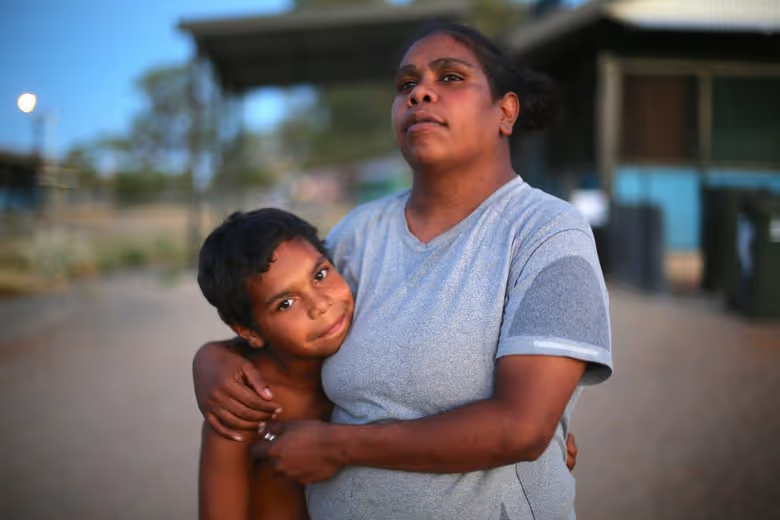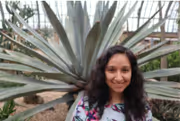In My Blood It Runs Discussion Guide Using This Guide
Using This Guide

This guide is an invitation to dialogue. It is based on a belief in the power of human connection and designed for people who want to use In My Blood It Runs to engage family, friends, classmates, colleagues, and communities in conversation. In contrast to initiatives that foster debates in which participants try to convince others that they are right, this document envisions conversations undertaken in a spirit of openness in which people try to understand one another and expand their thinking by sharing viewpoints and listening actively.
The discussion prompts are intentionally crafted to help a wide range of audiences think more deeply about the issues in the film. Rather than attempting to address them all, choose one or two that best meet your needs and interests. And be sure to leave time to consider taking action. Planning next steps can help people leave the room feeling energized and optimistic, even in instances when conversations have been difficult.
For more detailed event planning and facilitation tips, visit https://communitynetwork.amdoc.org/.
A NOTE TO USERS
Dear POV Community,
We are so glad you are facilitating a discussion inspired by the film In My Blood it Runs! Before you begin, we’d like to encourage you to prepare yourself for the conversation as this film invites you and your community to discuss the experiences of Indigenous people in Australia and America and that conversation requires a learning and unlearning about the truths of our history that have not been typically taught in schools and universities. If they have, they may have been taught in ways that marginalise First Nations perspectives. As such, it is not uncommon for anyone learning about the experiences of Indigenous people for the first time to feel unsure about how to approach discussing the violence committed against First Nations peoples, or about how these ongoing injustices continue to have an impact today. This guide, and our additional resources offer educational materials that will support you in your process of challenging assumptions and recognising the need for more critical and intentional learning. We encourage you to educate yourself as much as possible. Our Helpful Definitions and Concepts and our Delve Deeper Reading List is a great place to start! Additionally, you can visit theIn My Blood it Runs websitefor a wealth of information that has been co-created with cultural advisors, film participants, and the communities represented in the film. As a facilitator we hope you will take necessary steps to ensure that you are prepared to guide a conversation that minimizes harm, while maximizing critical curiosity, growth, and connection. We invite you to share some insights with us about how your conversations fostered transformation in your own community!


